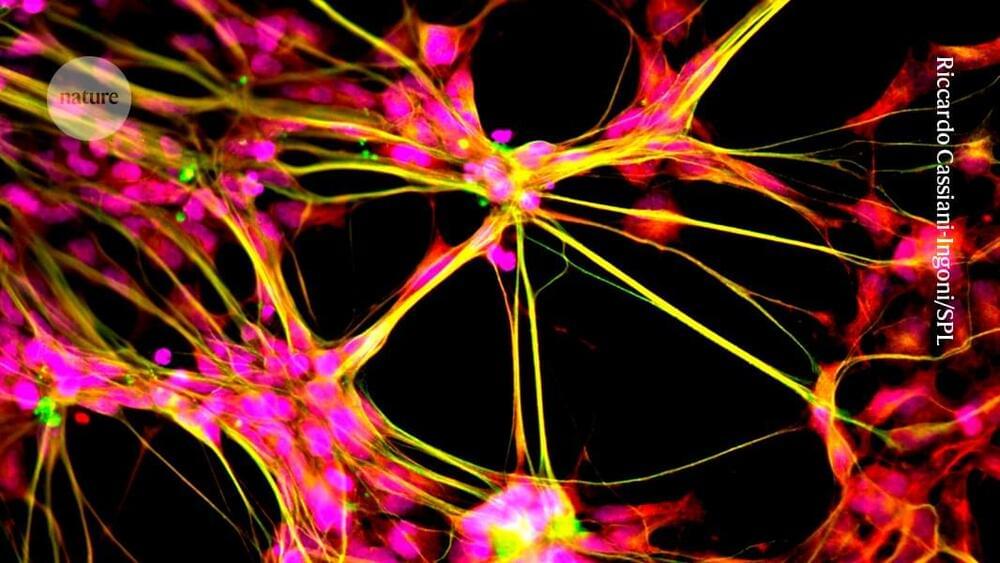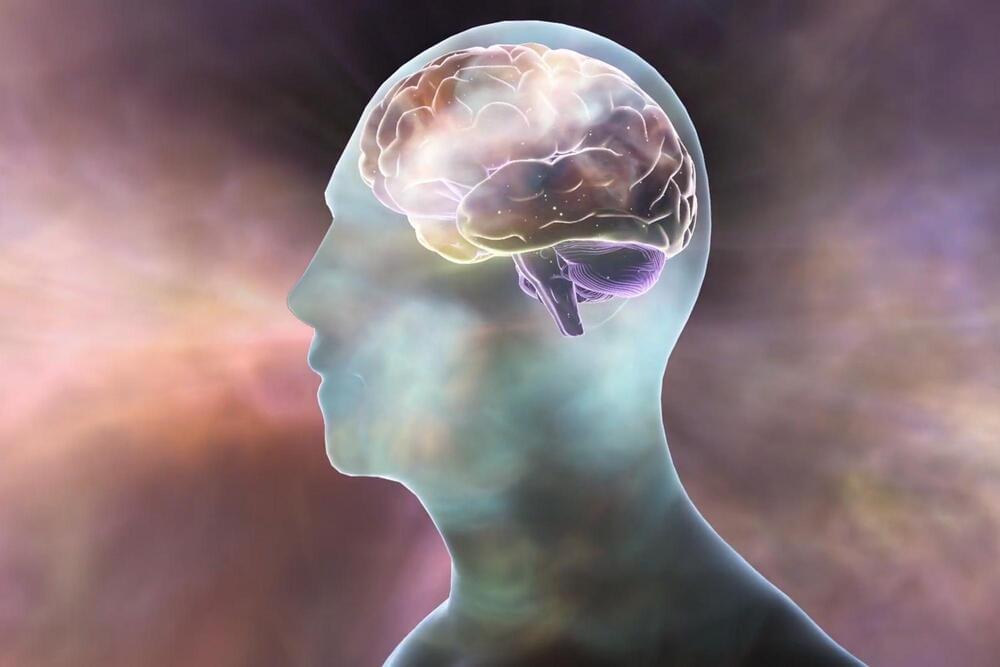Disabling a gene involved in metabolism rejuvenates cells’ ability to spin off new neurons.


Bioengineered breast reconstruction and augmentation — dr. luba perry, phd — CEO, reconstruct bio.
Dr. Luba Perry, Ph.D. is Co-Founder and CEO of ReConstruct Bio (https://wyss.harvard.edu/technology/r…), an innovative venture emerging from Harvard’s Wyss Institute (https://wyss.harvard.edu/team/advance…), aimed at redefining the fields of medical reconstruction and aesthetics with an initial application of their groundbreaking technology on breast reconstruction and augmentation. With a multidisciplinary team of experts, the ReConstruct Bio team has developed the BioImplant—a living, bioengineered tissue created from the patient’s own cells, to provide safer, more natural alternative to current standards, which are often associated with significant drawbacks and health concerns.
Dr. Perry also serves as a Senior Scientist at the Wyss Institute for Biologically Inspired Engineering working at the 3D Organ Engineering Initiative since 2018 and is leading a Wyss Validation Project aiming to fabricate vascularized functional tissues for transplantation. Her interest is in tissue and organ engineering, focusing on vascularization and implantation studies utilizing complex surgical models.
Dr. Perry’s background is in molecular biology, pharmacology, and biomedical engineering, with a Bachelor of Science — BS, Biology, Master of Science — MS, Molecular Pharmacology, and a Doctor of Philosophy — PhD, Biotechnology, all from Technion — Israel Institute of Technology. She also has industry experience in a vascular gene therapy company (MGVS, now VESSL Therapeutics).
#LubaPerry #Harvard #WyssInstitute #ReConstructBio #Aesthetics #3DOrganEngineering #BreastReconstruction #BreastAugmentation #Vascularization #Innervation #Fat #AdiposeTissue #BreastImplants #Organogenesis #OrganEngineering #TissueEngineering #Bioengineering #Organs #Tissues #MolecularPharmacology #Breasts #Nipples.


Light sources, a form of particle accelerator, produce powerful beams of X-rays and other spectrums, enabling scientists to peer into the microscopic structure of materials without physically altering them.
These machines differ from other accelerators as they use oscillating magnetic fields to generate light directly. They play a crucial role across various scientific fields, from studying atomic structures with hard X-rays to examining electronic structures with terahertz waves.
Light sources are a type of particle accelerator that produce powerful beams of X-rays, ultra-violet, or infrared light. These beams are similar to how holding an envelope in front of a bright light can reveal something about what’s inside the envelope. But by using special types of light vastly more powerful than the X-ray machine in a doctor’s office, these light sources help scientists see inside matter. It’s like seeing inside an envelope without opening it. This gives scientists the power to reveal how materials behave at microscopic or nanoscale sizes as well as at ultrafast speeds.

Recent advancements in phonon laser technology, which utilizes sound waves rather than light, show promising new applications in medical imaging and deep-sea exploration.
A novel technique enhances these lasers by stabilizing and strengthening the sound waves, allowing for more precise and powerful outputs. This development not only improves existing uses in medical and underwater applications but also extends potential uses to material science and quantum computing.
Enhancing Phonon Laser Technology

UC San Diego’s study reveals that meth and PCP impair memory by causing neurons to switch from glutamate to GABA, a process reversible with specific treatments.
Sustained drug abuse can have many long-lasting effects, including memory loss and reduced cognitive functions, which can persist for years. Now, neurobiologists at the University of California San Diego have identified a reversible, shared mechanism in the brain by which drugs of different classes generate cognitive impairments.
Investigating mechanisms of drug-induced cognitive deficits.

Summary: Researchers have isolated the electrical activity of individual neurons in the vagus nerve responsible for regulating cardiovascular function in humans. By identifying neurons that fire in sync with the heartbeat, scientists can now study how these neurons monitor or control heart activity.
This breakthrough could lead to new insights into how cardiovascular diseases develop and why vagal neuron activity changes in these conditions. The findings offer a foundation for exploring therapeutic targets in heart disease by studying vagus nerve activity in both healthy individuals and those with cardiovascular issues.

Summary: Sound stimulation can manipulate brain waves during REM sleep, a stage crucial for memory and cognition. Using advanced technology, researchers were able to increase the frequency of brain oscillations that slow down in dementia patients, potentially improving memory functions.
The non-invasive technique could pave the way for innovative treatments for dementia by targeting brain activity during sleep. This approach offers hope for enhancing memory and cognition with minimal disruption to patients’ lives.

MIT researchers have developed a miniature, chip-based “tractor beam,” like the one that captures the Millennium Falcon in the film “Star Wars,” that could someday help biologists and clinicians study DNA, classify cells, and investigate the mechanisms of disease.
Small enough to fit in the palm of your hand, the device uses a beam of light emitted by a silicon-photonics chip to manipulate particles millimeters away from the chip surface. The light can penetrate the glass cover slips that protect samples used in biological experiments, enabling cells to remain in a sterile environment.
Traditional optical tweezers, which trap and manipulate particles using light, usually require bulky microscope setups, but chip-based optical tweezers could offer a more compact, mass manufacturable, broadly accessible, and high-throughput solution for optical manipulation in biological experiments.
